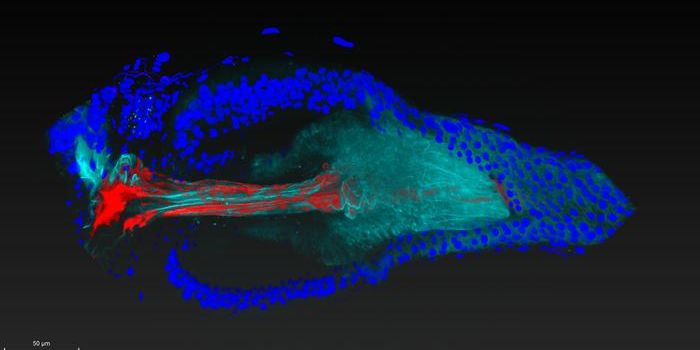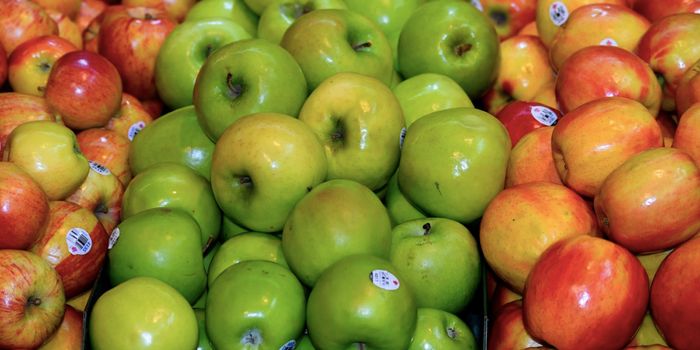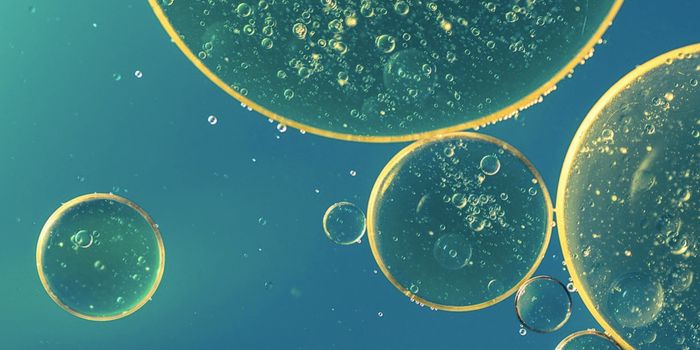A Gut Microbe That Can Help Control Cholesterol Levels
Anywhere from 200 to 1,000 species of bacteria reside in the human gut microbiome, and researchers have been trying to decipher how they are all linked to human health. There is tremendous complexity in the gut, but some connections have been identified. New research has found that gut bacteria can use cholesterol from the diet to generate a molecule called cholesterol sulfate, which plays many roles in the human body. The study has also shown that one type of gut bacteria called Bacterioides can help regulate the level of cholesterol in the blood. The findings have been reported in Nature Microbiology.
Our bodies use cholesterol for some very important things. Cholesterol is a small component of cell walls, for example. Too much cholesterol can be terrible for health, however, and it may build up in arteries. It can be taken in through the diet or generated in the liver.
"It opens the door for thinking about whether the microbiome, or specific microbes, can remove cholesterol from circulation," noted corresponding study author Elizabeth Johnson, an assistant professor at Cornell Univesity.
Like many other studies that center on the microbes in the gut, this research could help reveal a way to treat human health conditions by manipulating the microbiome, instead of using medications that come with side effects, and don't always work. It may one day be possible to use probiotics, special diets, or secondary metabolites made by gut microbes to change the microbiome in a beneficial way.
Cholesterol sulfate is easily made by the human body. But this study has shown that microbes make it too. A variety of studies have linked cholesterol sulfate to various aspects of physiology, including hormone synthesis, immunity, and digestion. While we now know that a common gut microbe produces cholesterol sulfate, more research will be needed to understand its impact on human health.
In this study, the scientists used a technique called BOSSS (bio-orthogonal labeling sort sequence spectrometry), to label dietary cholesterol, then traced it as gut microbes interacted with it, and then were also labeled. This allowed the investigators to identify the bacteria that were involved.
When they identified Bacteroides as the microbes producing cholesterol sulfate, they confirmed the finding by inoculating mice lacking gut microbes with engineered Bacteroides. These Bacteroides were unable to make cholesterol sulfate from cholesterol.
When it comes to cholesterol metabolism and cardiovascular health, there could be ways to "use the microbiome to modulate cholesterol levels or other relevant lipids," Johnson said.
Sources: Cornell University, Nature Microbiology









